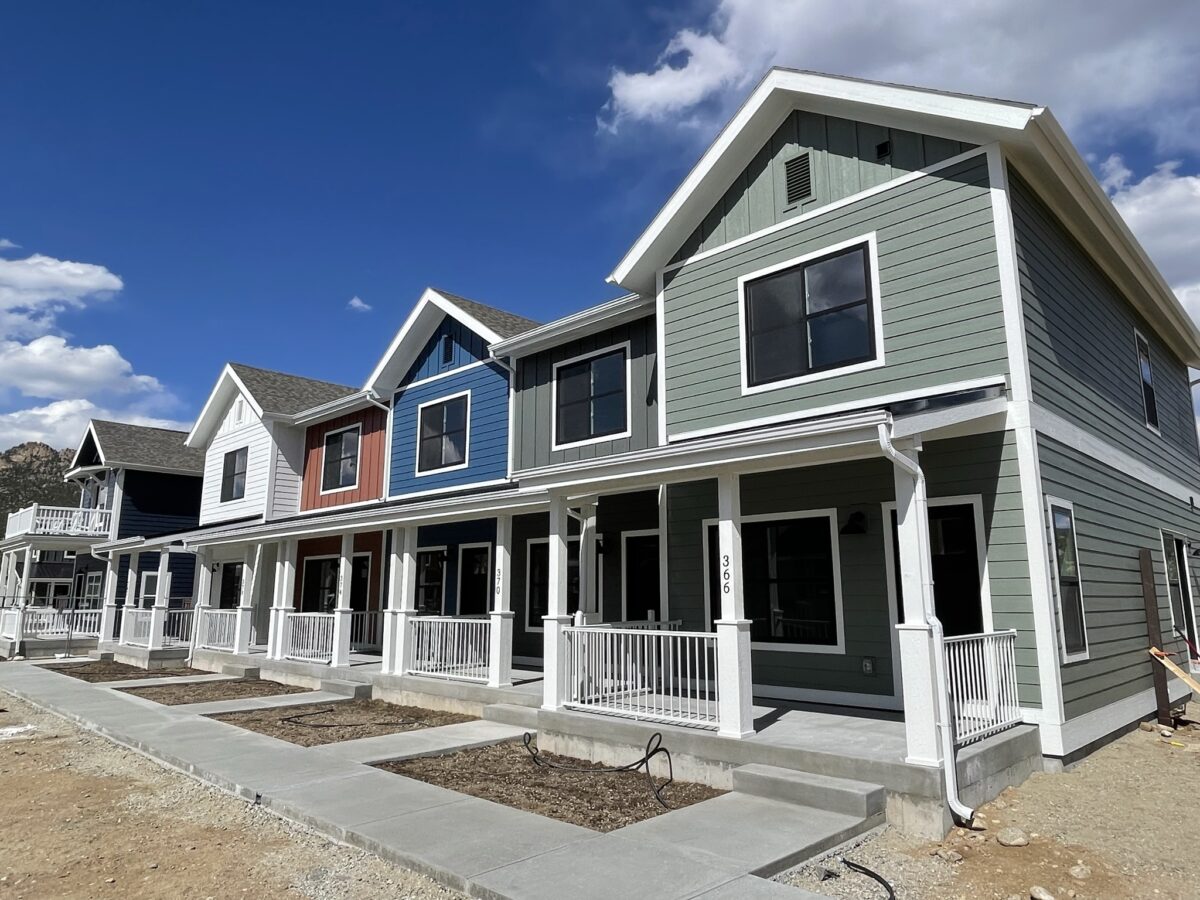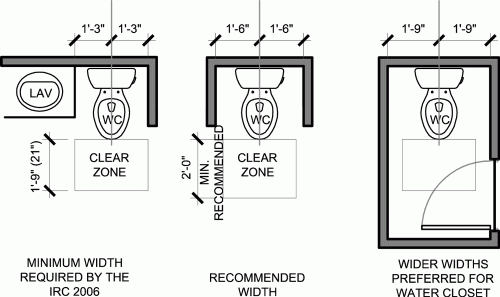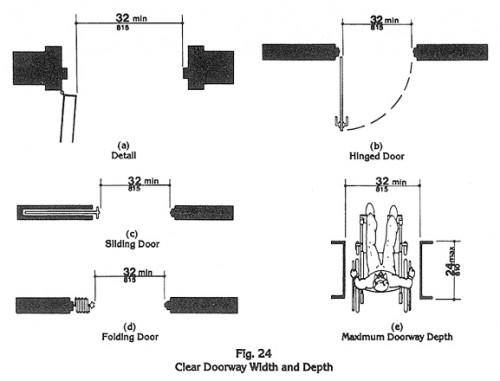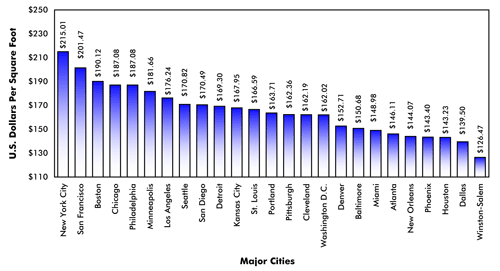The recent passage of Proposition 123 (Prop 123) is huge news to the affordable housing community in Colorado and many of EVstudio’s clients. EVstudio has extensive experience in affordable housing, and has completed projects that had Low Income Housing Tax Credits (LIHTC) funding, as well as funding from other state grants. We’re familiar with the ins and outs of designing with the oversight required from using such funding in mind, while never compromising on end-user affordability and comfort.
From our Multi-Family Studio to our extensive experience with workforce housing across Colorado, we’ve become experts in navigating public and private projects within the affordable housing realm. Our entire team is thrilled by the possibilities this funding can unlock for hardworking people and families as more affordable housing becomes available.
But as is the case with any new legislation, there’s always a lot to sift through to understand it. Here, I put what Proposition 123 means in plainer terms to help encourage those who are ready to put plans into action with this funding opportunity now on the horizon.
What is Proposition 123?
Prop 123 is a first-of-its-kind piece of voter-initiative created legislature, taking effect on July 1, 2023 for municipalities that have chosen to opt-in. This legislation was passed in November 2022, supported by Gary Community Ventures, an organization that at the time was led by Mike Johnston as president and CEO. (His next gig is as mayor of Denver!)
This legislation has secured an estimated $300 million, or .1% of the state’s existing taxable income, into two funds: the Affordable Housing Financing Fund (AHFF) and the Affordable Housing Support Fund (AHSF). Of that approximate $300 million, 60% goes to the AHFF, owned by Colorado’s Office of Economic Development and International Trade (OEDIT), but managed by Colorado Housing Finance Authority (CHFA). The other 40% goes to AHSF, which is owned by the Division of Housing (DOH) but is managed by the Division of Local Government (DLG).
Now, that’s a lot of bureaucratic alphabet soup. The gist of it is that while this funding is available, it comes with predictable amounts of strict oversight in how it’s used.
To be eligible, local governments must define and submit a baseline number of affordable units in their jurisdiction before November 1, 2023, complete with a commitment on file with DOH that lays out how that number will increase on average by 3%, or a total of 9% over the first three years. (Units that are funded but not ready for occupancy count toward that number.) A tool has been provided by the state to help calculate that.
Counties and municipalities have to apply separately, but the final legislation allows for intergovernmental agreements between counties and municipalities, allowing them to collaborate in meeting their 3% annual growth commitments.
Possible Prop 123 issues
While this piece of legislation is going to change the future of affordable housing in Colorado, it won’t be without some bumps along the way. Critics of Prop 123 have pointed out that middle income is not well-defined by it, with rental income being inconsistent – a range from 60% Average Median Income (AMI) up to 90% AMI, for example. There has been some debate in the 2023 legislative session on how to resolve this. The Middle Income Housing Authority (MIHA) is a proponent of more AMI flexibility, while others would prefer stronger alignment with House Bill 1304 (HB 1304), which was passed in 2022. HB 1304 sets one bar for the acceptable percentage of AMI for tenants when it comes to projects that receive other state grants for investment in affordable housing. That range of percentages of AMI that will be targeted by Prop 123 funded projects, which differs depending on which fund is being used, where, and the size of the community it’s in, leaves a lot of uncertainty and need for flexibility when it comes to what might be required.
What does this mean for developers?
This proposition places an emphasis on projects that are shovel ready, or can be in a short time. Developers want projects that are constructable, affordable, and beautiful. To make it happen, they need to assemble their teams of architects, engineers, designers, planners, field services, and so on, and soon.
That’s where EVstudio could come in. Our multidisciplinary team expedites the design process early on to position these projects in the best possible way to be successful with these funding awards. Our in-house integrated team has the ease of familiarity with each other, and with each other’s disciplines, minimizing the potential for errors or designs that have to go back to the drawing board late in the game.

Modular design solutions
There is a component of this proposition in AHFF that specifically calls out innovation in construction, which volumetric (or modular) offsite construction addresses. AHFF includes a provision for a Concessionary Debt Program (CDP) that lists modular manufacturers as beneficiaries of new lines of debt financing through the CDP’s allocation of AHFF funds. With EVstudio’s specialized multidisciplinary team of offsite volumetric experts in our EVolution Design Studio, we can assist on these projects at every stage. That includes initial planning, manufacturer selection, complete A/E design, modular coordination, and construction administration, to name just a few.
We would be thrilled to assist with Prop 123 funded projects, and help bring increased access to affordable housing to communities across Colorado. There’s a lot more to Prop 123 than this article can go into. So if you’re curious about working with us on your Prop 123 funded project or any other project, whether it’s affordable housing, volumetric or modular design, or beyond, let EVstudio make your vision a reality. We’d love to work with you!








